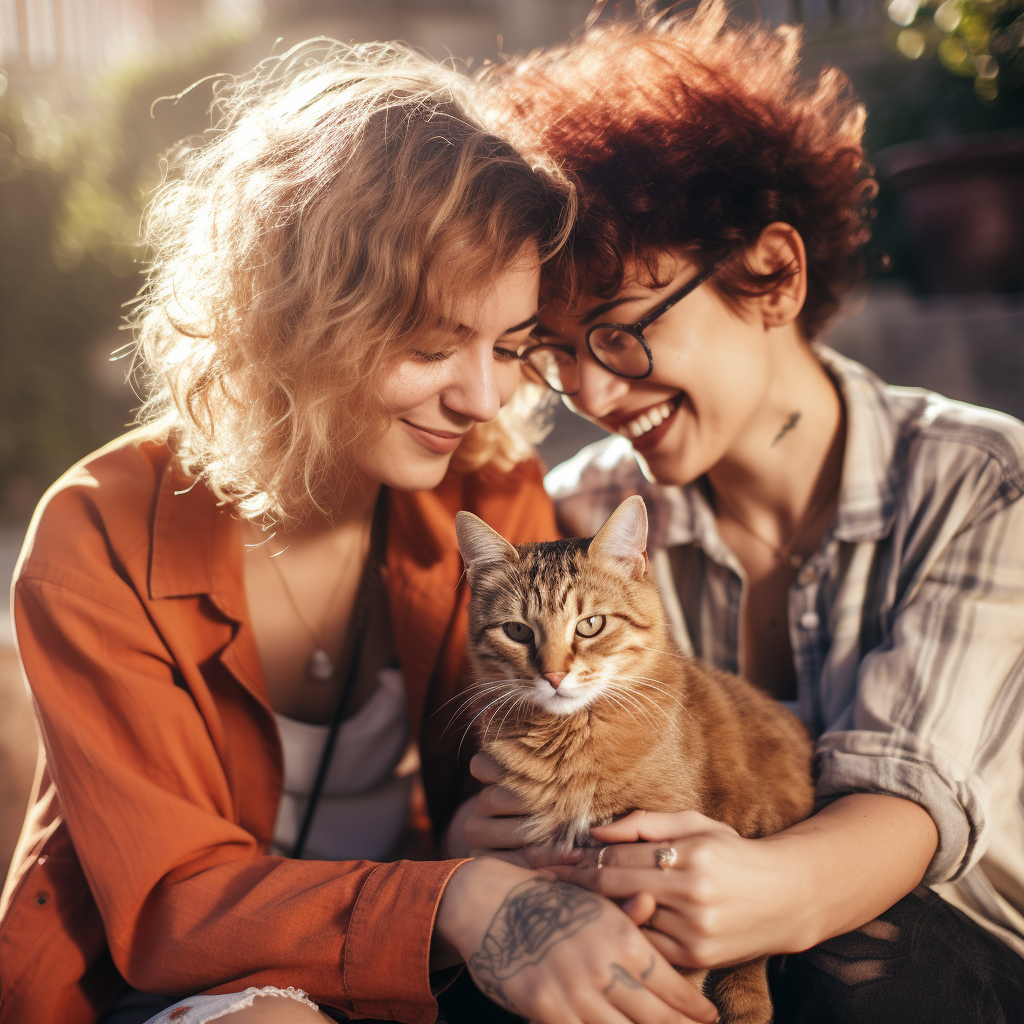We prioritize the health and well-being of cats and dogs. And even though cats always remind us how superior they are (they’re not wrong!), there are certain sneaky items that can fatally affect all nine of their lives. In this quick guide, we’ll show you various substances that are toxic to cats and provide practical tips on how to prevent accidents. It is essential for cat owners to be aware of potential toxins that can pose a threat to their feline companions.
1. Lilies: Beautiful yet dangerous
Lilies are visually stunning flowers commonly found in households. However, they are highly toxic to cats. Ingesting any part of the lily, including the petals, leaves, or even the pollen, can lead to severe kidney damage or failure. It is crucial to keep lilies out of reach of cats, both indoors and in gardens.
2. Human Medications: Keep them secure
Certain human medications, such as acetaminophen and nonsteroidal anti-inflammatory drugs (NSAIDs), can be toxic to cats. These substances can cause gastrointestinal issues, kidney damage, and other serious complications. Always store medications in a secure location, away from curious paws, and never administer human medication to your cat without veterinary guidance.
3. Cleaning Products: Choose cat-friendly alternatives
Many common household cleaning products contain chemicals that are harmful to cats. Ingredients like bleach, ammonia, and phenols that can cause respiratory distress, skin irritation, or even chemical burns. Opt for cat-friendly cleaning alternatives or ensure that your cat is safely isolated from areas where such products are used.
Hazardous Foods
1. Onions and Garlic: Culinary delights, but not for cats
Onions and garlic belong to the Allium family and can cause serious health problems in cats. These foods contain compounds that can damage red blood cells and lead to anemia. Refrain from feeding your cat any dishes that contain onions or garlic, and be cautious of hidden ingredients in commercial products.
2. Chocolate: A sweet treat with serious consequences
As tempting as it may be to share a piece of chocolate with your cat, it should be strictly avoided. Chocolate contains theobromine, a compound that cats cannot metabolize effectively (the same is true for doggos). Ingesting chocolate can cause symptoms such as vomiting, diarrhea, rapid breathing, and even seizures. Keep all chocolate products securely stored where your cat cannot access them.
Potential Environmental Hazards
1. Antifreeze: A deadly substance
Antifreeze contains ethylene glycol, which is highly toxic to cats. Even a small amount of antifreeze ingested by a cat can be fatal. Ensure that any containers of antifreeze are tightly sealed and stored out of your cat’s reach. Clean up any spills immediately and be cautious when using antifreeze in your car.
2. Houseplants: Enhance your home safely
While houseplants add beauty to indoor spaces, certain varieties can be toxic to cats. Examples include lilies, aloe vera, pothos, and sago palm. Familiarize yourself with the plants that pose a risk and ensure they are kept out of your cat’s reach or opt for pet-friendly alternatives.
Stay safe fur friends!
By being aware of the potential toxins that can harm cats and taking necessary precautions, you can create a safe environment for your feline bestie (and master of the home). Remember, prevention is key. If you suspect your cat has ingested something toxic, seek immediate veterinary attention. Together, we can protect your beloved feline friends and provide them with a long and healthy life.

